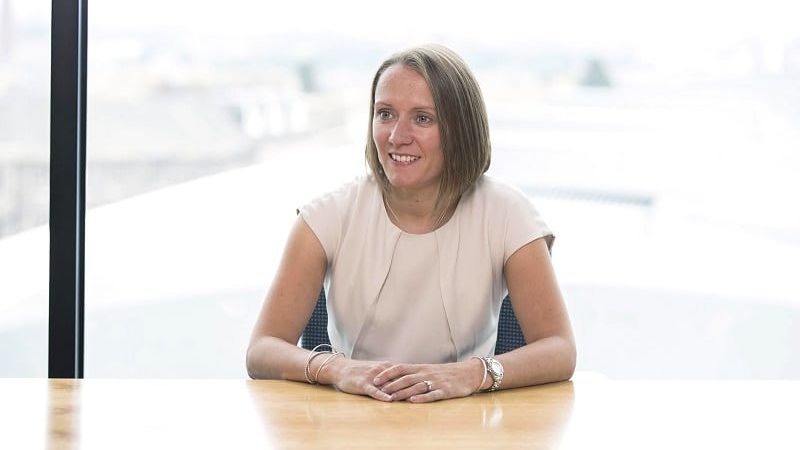In January, Dunn was appointed co-manager on the Corporate Bond fund, alongside Torcail Stewart, on the announcement manager Stephen Rodgers, who is also partner and head of fixed income, was retiring. He leaves the firm in April.
“Stephen is a big character and it will be a loss, but as far as day-to-day operations go it’s not going to have an impact,” Dunn, who was previously an investment manager in the high yield team, told Portfolio Adviser.
The £726.7m fund is top quartile over one, three and five years, returning 4.4%, 14.3% and 32.1% respectively, compared to 2.7%, 9.6% and 20.8% in the Sterling Strategic Bond sector over the same periods.
Donald Phillips, who Dunn used to work with on the High Yield Bond fund, is also departing the team. He will be joining ex-colleagues David Roberts and Philip Milburn to start a fixed income team at Liontrust.
Chelsea Financial Service managing director Darius McDermott said Baillie Gifford is “very much a team-based outfit” adding it typically has low staff turnover.
“Do both their departures weaken the team a bit? You would have to say it does, but it is a strong team. I don’t worry about that in the short term,” McDermott said.
Navigating rates
Will the refreshed team be able to maintain top-quartile performance as interest rates rise?
“We think we can,” Dunn said.
The fund had already proven itself to be resilient, during the taper tantrum, the euro crisis and the oil crisis, she said. “There’s been a number of events during that period where our investment process could have been derailed and it hasn’t been.”
Dunn said duration is the main lever available to the fund when interest rates start to rise, while being part of the Sterling Strategic Bond sector means the team can take up to 50% of the fund into high yield.
“We run the duration of the fund pretty close to the duration of the benchmark. We can move away from that, but we wouldn’t do that unless a material rate move was likely,” Dunn said.
McDermott said there’s no reason Baillie Gifford would do “any better or worse” than other bond funds in a rising rates environment. “The market has been told to expect three rate rises in the US; were they to be faster and more aggressive, all bond funds would suffer.”
“What Baillie Gifford don’t do is big use of derivatives to swing duration around,” McDermott said.
He said: “I could very easily make a case that some of the managers that having been doing well have been using duration tools too much, because as soon as you buy a derivative there is a cost.
“Not only does that reduce income, but if you go short duration and those rate rises are less than expected then fixed income is likely to rally.”
However, for investors seeking a fund with the option to employ derivatives in a rising rates environment, McDermott suggested the M&G Optimal Income fund, run by star fund manager Richard Woolnough, as a suitable option.







